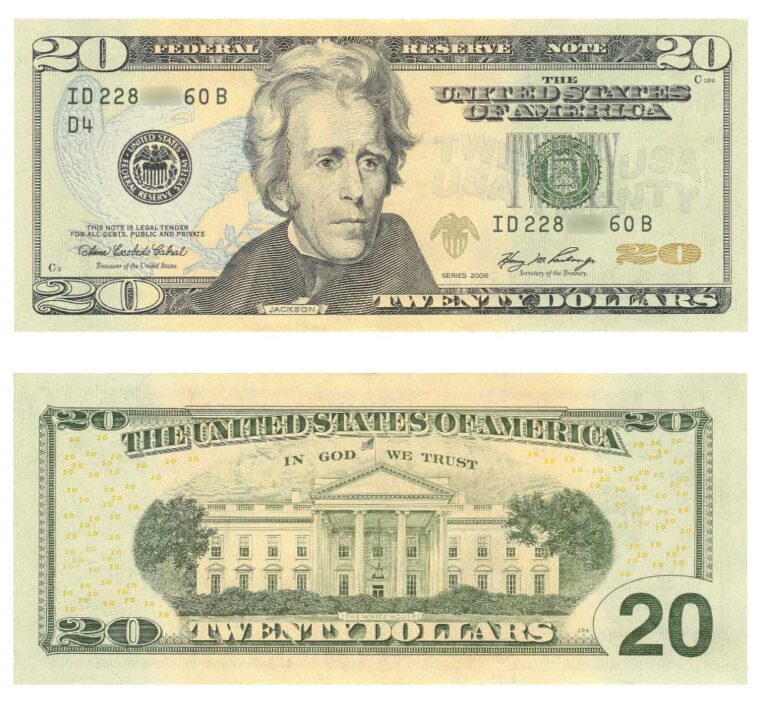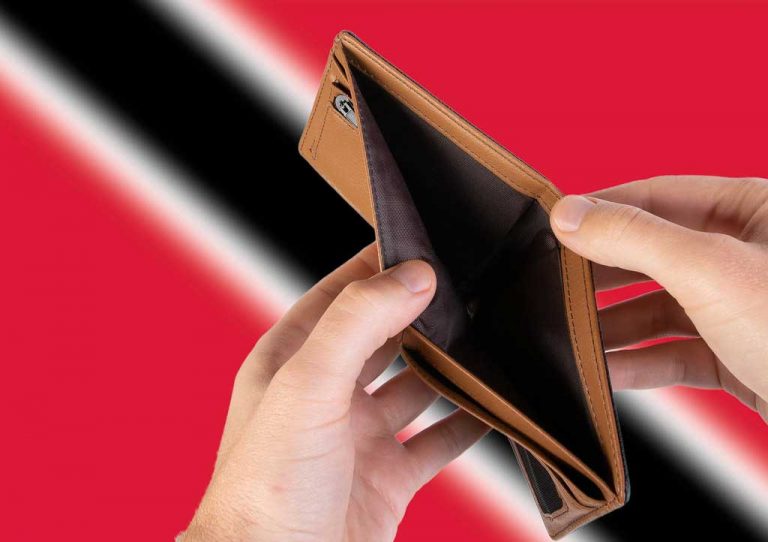What Types of Insurance Should You Have?
One of the things that was a surprise as I graduated from being a child and moved on to the responsibilities of being an adult was how complicated life can be having to handle every aspect of life as a self-sufficient contributing member of society.
Insuring yourself against catastrophe or even less significant setbacks is one thing that tends to make life complicated. When you think about the various aspects of what goes on in the life of even the most ordinary of people, it can be mind-numbing to consider what protections a person might need against the unexpected. Life is unpredictable. That’s why there are so many insurance markets and products.
I’m going to walk you through the types of insurance that may affect your life and explain what I’ve learned through my own experience has been the best approach to minimizing the cost and negative impact to your life of unplanned events that could set you back financially.
Health/Medical Insurance
Health insurance covers medical expenses and other aspects of your health, such as dental care (which is often a separate insurance product). You pay a monthly premium to a health insurance provider, who in exchange commits to pay for large (normally unexpected) medical expenses that might come your way from accidents or from other causes of health issues.
Health insurance has become complicated. It’s worth taking the time to understand how the health insurance market works, including what you’re getting for your monthly premium. I recommend getting a plan with as low a monthly premium as possible and being very self-reliant with your health, avoiding doctors and hospitals whenever possible. Think like this, “An apple a day keeps the doctor away.”
Vehicle Insurance
You need vehicle insurance (or auto insurance) for any vehicle you own and drive. In the United States, vehicle insurance is required by law in every state in order to drive on public roads.
You can purchase liability only auto insurance, which will pay for any damage you could be responsible for if you cause an accident. Most states have minimum amounts of coverage that you’re expected to maintain in order to be eligible to drive.
If you want to protect both your own vehicle and have coverage , you can purchase more coverage with a collision auto policy or a comprehension auto policy, which provides insurance coverage for damages for vehicles and for injuries sustained in an accident for yourself and for the other party involved in an accident.
Home Insurance
Home insurance covers things that could go wrong with the home that you own, which is typically your largest investment. You pay a premium (usually a semi-annual or annual payment) in exchange for being insured against the things that could go wrong to your house.
Home insurance plans cover major unexpected expenses for your home. Unexpected expenses could come from natural disasters (earthquakes, hurricanes, tornadoes, etc.) or from things just plain going wrong, like a roof failing or a foundation cracking.
When shopping for home insurance, make sure you know what all is covered in your plan. Some home insurance plans have specific (often )
Life Insurance
Life insurance is typically used by people who want to protect those for whom they have a responsibility to provide financial assistance. Life insurance is typically purchased by parents who want to ensure that their children will be provided for in the event of an untimely death.
Similarly, people often purchase life insurance on themselves and designate their spouses as beneficiaries so that if their ability to earn a living is lost due to death, the surviving spouse won’t be put into a financial bind.
Life insurance policies typically involve (for healthy people who are middle-aged or younger) affordable monthly premiums (e.g. $15 to $40 per month) and death benefits in the range of $100,000 to $500,000.
Disability Insurance
Disability insurance is similar to life insurance, except that it covers situations where a financial provider is unable to work due to an accident or some other debilitating condition.
The premium you pay to an insurance company for disability insurance qualifies you to receive a percentage of your regular income in the event that you become disabled and are not able to work. Most disability insurance policies are configured to pay claimants between 60 and 80 percent of the income earned prior to a person becoming disabled.
Liability Insurance
Liability insurance policies exist to provide coverage to offset a financial loss for which you may have some liability. Because it is difficult to know what things a person may be legally held responsible for, especially in the current social climate where corruption exists among lawyers and those they influence to want to sue, many people choose to get liability insurance just in case.
Very often, liability insurance can be included with your homeowner insurance policy to protect you against liability you might experience if someone gets hurt on your property.
Liability insurance also exists for product manufactures, service providers, and in other situations where someone’s (or some company’s) work or product could cause them to be legally responsible for someone else’s financial loss.
Product Warranties
Product warranties are smaller scale insurance policies that apply to specific products. Product warranties are almost always a bad idea for consumers. Product warranties involve paying extra (often an exorbitant amount) beyond the cost of a product in order to warranty its operation for a given time period or use. Although product warranties are used heavily to market many products, in the majority of cases, product manufacturers find a way to invalidate the warranty.
For instance, I recently paid extra at a tire store for tires that had a longer warranty (25,000 miles as opposed to 10,000) than the cheaper option. When one of the tires blew out within a few thousand miles, the tire dealer (Express Oil Change and Tire Engineers ) and the manufacturer (Uniroyal) both denied a warranty claim, saying that a tire blowing out on the highway doesn’t fit their criteria for a warranty claim.







